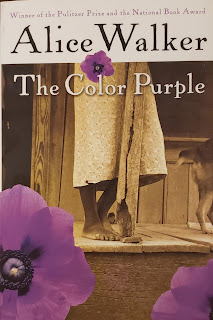There is discussion of rape, prostitution, and other vicious violence, so it may trigger people who have histories with this. However, it is not "trauma porn" or whatever the term is. Indeed, the authors cite studies showing that when people hear about large groups of people suffering, i.e. "The women of XYZ country suffer rape at the hands of soldiers, who use it as a form of warfare," they tend to care less than when they hear specific stories about specific people. There is something about putting an actual name and personal story to an issue that makes people care more about the problem. So the authors use names and stories of women they have met in their journalistic travels to help tell their stories and impress their points. They also have some incredibly helpful appendices in which they share a whole list of organizations with which one can become involved to help women in the situations they describe in the book, as well as other resources.
One of my biggest takeaways from the book was the need to support education for women. Of course, education is important and should be available to all children, but there is an abundance of evidence showing that when girls are educated, poverty decreases and conditions for women (and everyone) improve. It really made me want to use my charitable giving opportunities to support education for girls around the world because this education is likely to improve all the other issues that they discuss in their book. Of course, that doesn't diminish the need to support other problems. For example, I was appalled to read about the state of maternal health in many developing nations. All women deserve basic care for their reproductive systems and child bearing, and some nations need support to improve those systems. However, some nations also do not fully grasp the importance of maternal health, and educating the women and girls in those nations will provide a group of citizens who will advocate for and make ways for improved systems.
I should note that the book is now over 10 years old, so it's possible that things have changed in the intervening time. Some of the figures are certainly outdated, and it's likely that some of the listed charities have changed. Sadly, I would guess that things have gotten better in a few places, worse, in some places, and stayed largely the same in most places. I would love to see an updated edition of the book with updated figures and resources. I found out the book has also been turned into a documentary, which is available on Amazon Prime, and it appears to be more recent than the book itself (which means it should have updated information on some of those 10 year old figures). I am planning to check it out soon, though I haven't yet had a chance.
Buy it here.

















